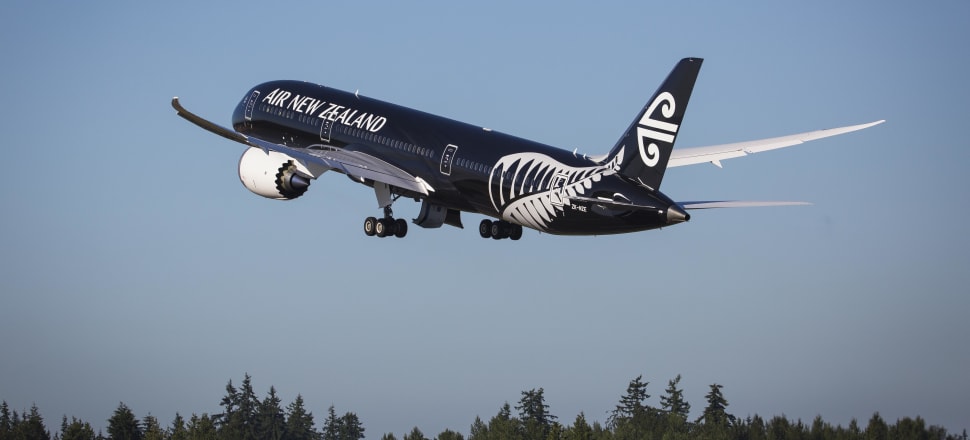
With borders re-opening next month, New Zealand is preparing for business-as-usual and so too are lawyers, with hundreds of migrants who will be asked to leave as flights become readily available.
Immigration lawyers are expecting deportations to rise and are boning up on their knowledge before borders re-open and flights in and out of the country pick up.
Immigration lawyer Aaron Martin said Immigration New Zealand has had to pick its battles over the last two years, with closed borders resulting in high costs to charter people out of the country.
“With limited numbers of airlines coming into New Zealand because our borders have been shut, that's made the whole process of getting people out much more expensive, which is why I think they've gone into this mode of, quote, trying to work with people to make a voluntary departure.
“So what you might see is, there won't be technical deportations, but there might be self-deportations that they'll be trying to achieve with people just to try and manage the cost side.”
He said the department had essentially been “triaging” deportations, cracking down where issues of safety might be a factor, but taking a softer approach to others.
“What's happening is you're seeing a triaging of, okay, this person's a convicted criminal coming out of prison, really serious offences, definitely going to put them on plane ... and this person's just become unlawful because they've got a declined decision so we will just keep in touch with them but we won't necessarily take action.
“The cost of deporting somebody is horrendous. The bill for a deportation of one person that I've seen that the government paid was $56,000 to the airline and the reason for that is because the airline said we will only take him if he's accompanied by three escorts.”
During the first five months of the year Immigration New Zealand deported 45 people, a far cry from the numbers seen pre-Covid.
In 2017, the department put 815 people on a plane, in 2018 it was 463 and 2019 was 507.
Self-deportations, or voluntary departures, are more favourable to the department and so far this year 64 people had left this way.
But again, the figures are nowhere near business-as-usual numbers. In 2019, 1052 people left "voluntarily".
"Immigration New Zealand will undoubtedly start to re-engage more when they know that they're able to get people into their home country." - Immigration lawyer David Cooper
Lawyers say the uptick will be slow, but steady.
Last night a deportations seminar, organised by the Auckland District Law Society, was held as a way for lawyers to “refresh their knowledge” before deportations resumed to regular levels.
Deborah Manning presented at the seminar and said while it was a complex process to deport someone, it would potentially be a busy time.
“Particularly as other country's borders are opening up and travel restrictions are easing. The preference is always self-deportation ... people leave voluntarily and it stops them having a five-year ban for coming back.”
Another immigration lawyer, David Cooper, said it was time for people who might be expecting a knock at the door to be proactive.
“I think people need to realise it's time to start doing something, not just hoping this problem is going to go away.
“Because I do think Immigration New Zealand will undoubtedly start to re-engage more when they know that they're able to get people into their home country.”
He said the trend would be more of a slow burn, with immigration having taken a “reasonably generous” approach to extending visas and taking into account the disruption caused by the pandemic.
Immigration Verification and Compliance general manager Geoff Scott said the impact of Covid-19 had shifted the department’s approach to compliance action but it had prioritised cases where the person was a safety risk.
“This is being done on a case-by-case basis, taking into account each individual’s circumstances, international border closures, transit options and the availability of flights.
“We continue to manage deportation cases in accordance with deportation and detention provisions under the Immigration Act 2009,” he said.
Richard Small, from the immigration law firm Pacific Legal said it was hard to know what the deportation numbers would look like, because up-to-date data on overstayers was not available.
But he said it was a “wasted opportunity” that some Pasifika overstayers would soon be asked to go home, despite wanting to stay and having employers who wanted to keep them on.







